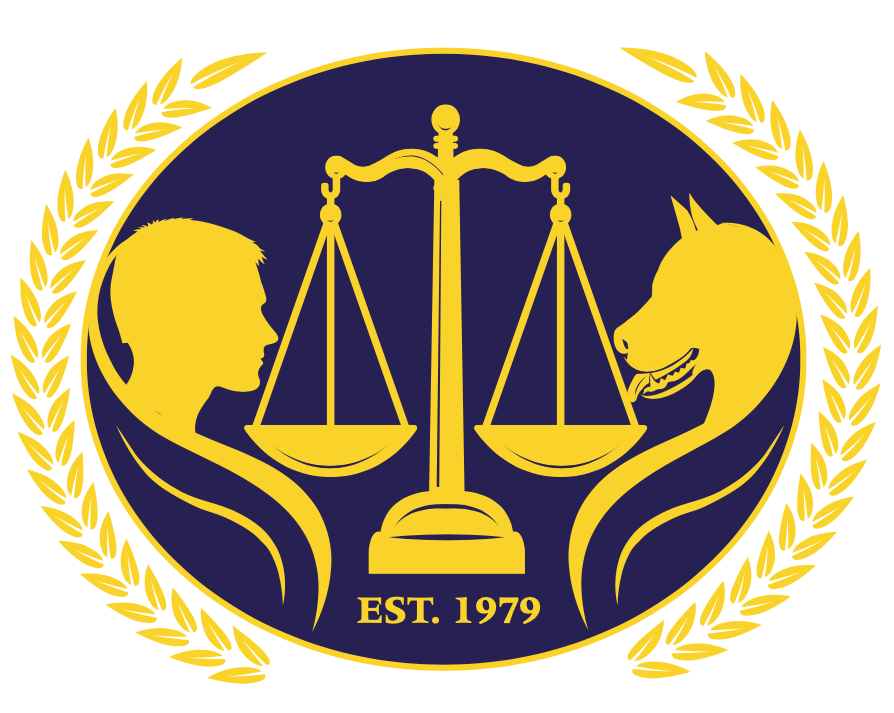With a unanimous vote by the Legislature, Albany County became the third county in New York, and the Nation, to require persons convicted of misdemeanor or felony animal cruelty charges to register on the animal abuse registry. According to“Local Law K,” first time offenders will remain on the registry for 10 years and second time offenders will remain there for life and will be prohibited from owning an animal while on the registry. Other provisions of the law will subject offenders to fines and and other punishments for failure to comply.
According to the Albany Times Union, the laws passed were followed by enthusiastic applause from the legislatures, apparently an “unusual move” after new laws are passed. Lead sponsor, Bryan Clenahan stated, “We know that animal abusers are the same people who commit violent acts toward children and other innocent victims in our community. By taking a stronger approach to animal abuse, we are working to create a safer, more peaceful community for pets and people alike.” Interestingly, this statement reflects that the law was created in order to further the protection of the children and other innocent victims, based on the correlations related to animal abuse and abuse to humans. However, whatever the case may be for why the laws were adopted, they are a major step in the prevention of animal abuse.
The gist of the law was to ensure animals were not adopted/sold to abusers by making the public aware of who these people are, but is this sufficient? With only three registries in the nation, what are the real safeguards against abuse for the thousands of strays that could easily be picked up by an abuser, or the chances that a seriously ill abuser won’t move to a county where there is no registry? In order to make this a real safeguard for animals, the registry laws need to be nationwide so that the abusers have no shield of registry-free counties to hide in.
What about the stigma attached to those who register? Will it be similar to that of those who register on a sex offender list? Everyone knows the stigma of a sex offender in the neighborhood, no one wants them there, everyone hates them, and no one wants to hire them. Is an animal abuser going to be subject to these mental hardships? What about those who are charged for negligently abusing an animal? For instance, the homeowner who leaves town whose cat eats all of the food in one day, even though enough food and water was provided for the week. Should these people be subject to the registry?
Although animal abuse is not child abuse, it is still a heinous crime, and the purpose of these laws is to crack down on, and prevent, the abuse. Although there will be certain stigmas attached to those who must register, the purpose of deterrence outweighs the small chances that those who do not deserve to be on the registry will be judged by the community. These laws aim to protect from further abuse to animals and reflect an intolerance for the crimes. More counties and states should jump on the bandwagon and adopt similar laws in order to expand the zone of coverage. Recently, Hawaii introduced similar bills hoping to achieve the same levels of protections and hopefully, others will soon follow. Only nationwide strength will help close the umbrella of registry-free zones that animal abusers have to hide under.
